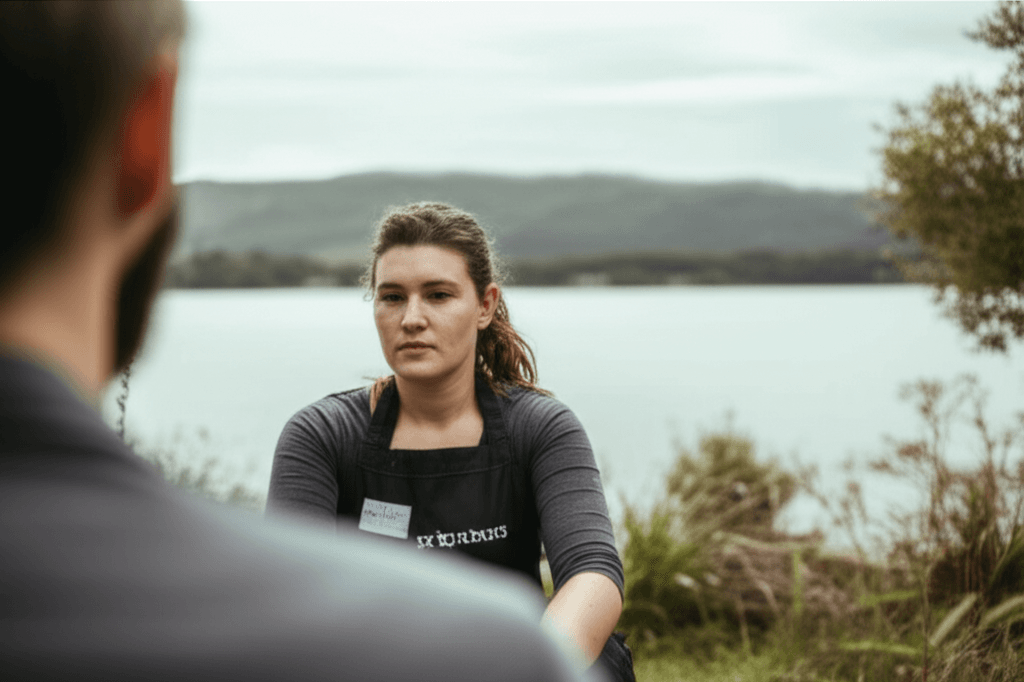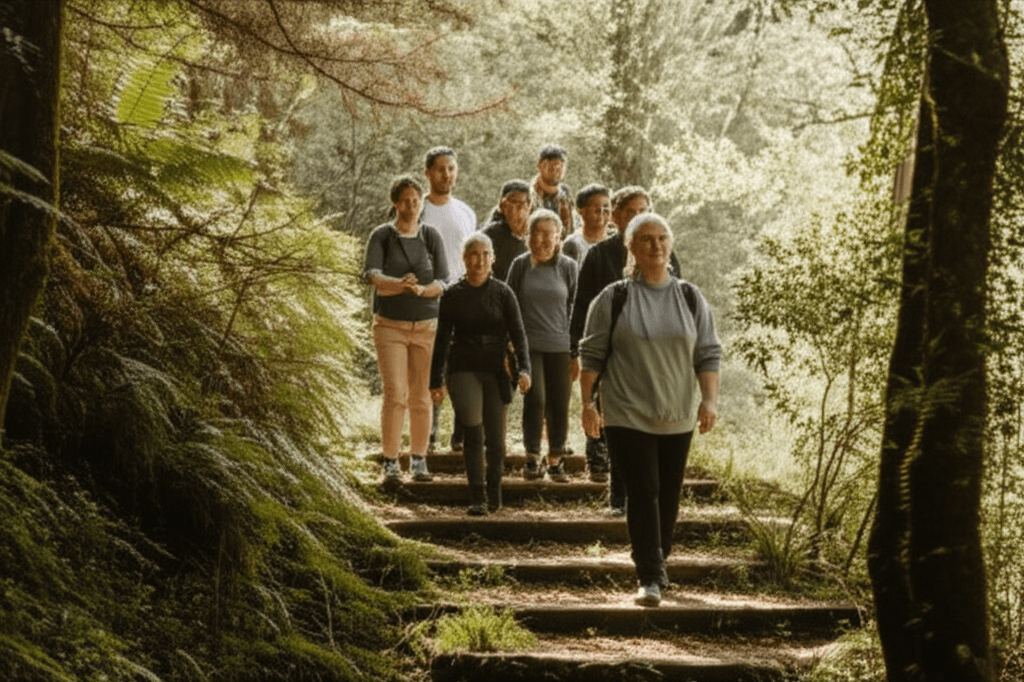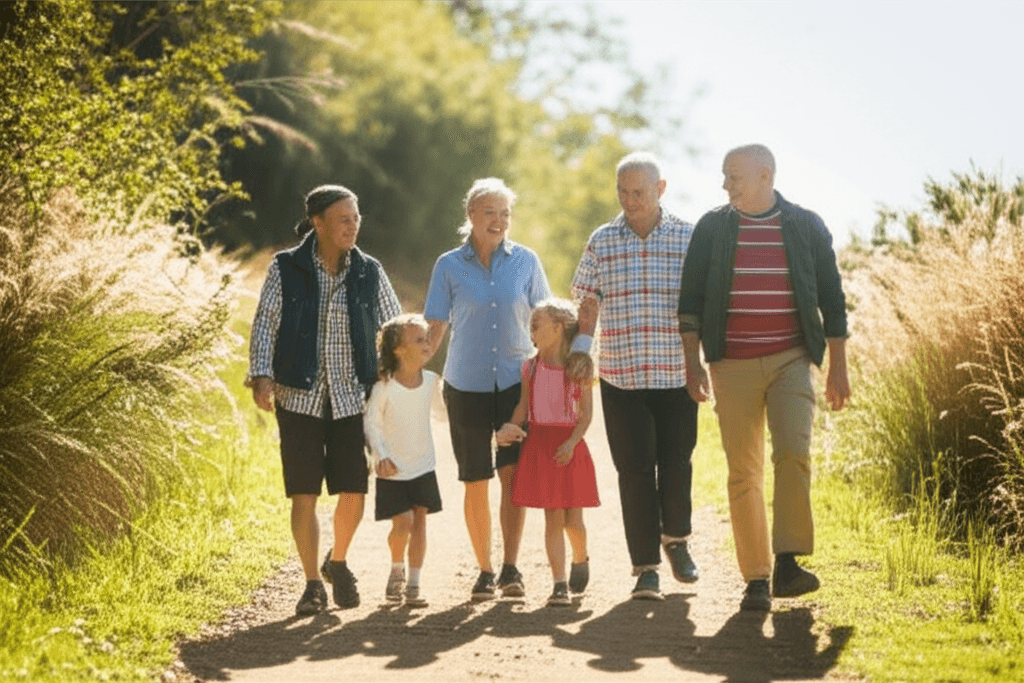As World Mental Health Day approaches on October 10th, New Zealand finds itself at a pivotal moment in its journey towards fostering a truly resilient and well society. While awareness campaigns have been crucial in destigmatizing mental health conversations, the nation’s persistent challenges indicate a pressing need to move beyond mere acknowledgment and embrace a proactive approach to mental fitness.

Understanding the Landscape: Mental Health vs. Mental Fitness
It’s easy to conflate mental health and mental fitness, but understanding their distinct yet interconnected roles is vital for effective interventions.
What is Mental Health?
Mental health refers to a person’s overall psychological, social, and emotional well-being. It encompasses our mood, feelings, and behaviours, influencing how we handle stress, relate to others, and make choices. Mental health exists on a spectrum and can be affected by biology, life experiences, relationships, and environment. When compromised, it can manifest as anxiety, depression, burnout, or more clinical conditions requiring professional support.
What is Mental Fitness?
Mental fitness, on the other hand, is a proactive practice focused on building inner strength and resilience to navigate life’s adversities. It’s about developing the capacity to think clearly, manage stress, stay emotionally steady, and recover from setbacks. Think of it like physical fitness: you can be physically healthy (absence of illness), but not necessarily fit (strong, agile, adaptable). Mental fitness involves daily habits and practices that support mental well-being, such as relaxation exercises, cognitive training, a healthy diet, and sufficient sleep. Higher levels of mental fitness are linked to better psychological resilience and an improved ability to manage challenges.

New Zealand’s Mental Well-being: The Current Reality
Despite increased public discourse and government initiatives, New Zealand continues to grapple with significant mental health challenges. Studies reveal that a substantial portion of New Zealanders experience poor mental and emotional well-being. As of 2023, 26% of people in Aotearoa New Zealand reported poor mental well-being, a figure similar to 28% in 2021. This includes nearly a third of women (31% in 2023). Certain demographics, such as those with lower household incomes, Pasifika, and under 35s, exhibit lower than average well-being scores.
Key issues contributing to this include:
- Rising Rates of Distress: There’s been a rise in depression, anxiety, and other mental disorders, with an estimated one in six New Zealand adults experiencing a common mental disorder annually.
- Youth Mental Health Crisis: The mental well-being of young people in New Zealand is declining, with factors like child poverty, stress, perceived bleak futures, racism, discrimination, social media influence, and a lack of intergenerational connection playing significant roles. Māori female youths, for instance, report higher rates of depressive symptoms (38%) compared to their Pākehā counterparts (24%).
- Access to Services: There are significant gaps in the accessibility and availability of mental health services, leading to long waiting times and inadequate support for many.
- Socio-Economic Factors: A clear link exists between low socioeconomic status and poor mental health outcomes, with stressors like inadequate housing, unemployment, and limited healthcare access impacting well-being.
- Stigma and Discrimination: Despite efforts, stigma around mental illness persists, preventing individuals from seeking help and leading to feelings of shame and isolation.
The 2018 Government Inquiry into Mental Health and Addiction, He Ara Oranga, highlighted that 50–80% of New Zealanders will experience mental distress or addiction challenges in their lifetime, with about one in five experiencing them in any given year.

Why “More Than Awareness” is Crucial
While initiatives like World Mental Health Day and Mental Health Awareness Week (MHAW) have successfully opened conversations and reduced stigma, the data clearly shows that awareness alone is insufficient. New Zealand needs a shift towards actionable strategies that build genuine mental fitness at individual, community, and systemic levels. The Mental Health Foundation of New Zealand notes that while much is discussed about mental illness, there’s less awareness about what good mental health looks like and how to build it.
Proactive Strategies for Mental Fitness
Moving beyond awareness means actively cultivating the skills and environments that promote mental resilience. This includes:
1. Education and Skill-Building from a Young Age
Integrating mental fitness education into schools can equip children with resilience and stress-management tactics early on. Understanding how the brain responds to emotions and developing positive coping mechanisms are crucial life skills.
2. Accessible Tools and Resources for Daily Life
Empowering individuals with practical, evidence-based tools for improving mental well-being is key. Resources like “Small Steps” offer tools and information focusing on positive thinking and mindfulness for anxiety, stress, or low mood. Similarly, “The Lowdown” provides online support for young people.
3. Strengthening Community and Social Connections
Loneliness is a significant challenge in New Zealand, exacerbated by factors like migration and an aging population. Initiatives that foster community spaces and encourage social connection, or whakawhanaungatanga, are vital as a sense of belonging is strongly associated with better well-being. The Mental Health Awareness Week 2025 theme “Top Up Together” encourages connecting with others and a shared approach to well-being.
4. Holistic and Culturally Responsive Support
Recognizing that mental well-being is deeply intertwined with social, cultural, environmental, and economic factors is essential. For Māori, supporting kaupapa Māori services and uplifting cultural identity are evidence-based strength factors for mental health, addressing historical inequities. The Kia Manawanui Aotearoa pathway emphasizes a population-based approach, addressing inequities for specific groups.

Government and Systemic Action
The New Zealand government has acknowledged the need for significant transformation. The Kia Manawanui Aotearoa: Long-term pathway to mental wellbeing is a cross-government plan aiming to shift the focus towards proactive well-being management and ensuring accessible help.
Recent legislative changes, such as the Pae Ora (Healthy Futures) (Improving Mental Health Outcomes) Amendment Bill, now legally require the Minister for Mental Health to produce a comprehensive mental health and well-being strategy for Aotearoa New Zealand within 12 months. This strategy is expected to address:
- Effective Services: Improving access to timely and appropriate mental health care.
- Prevention: Investing in strategies to prevent mental health challenges before they escalate.
- Promotion: Promoting lifestyles and habits that support positive mental well-being.
- Workforce Development: Addressing the under-resourced and over-worked mental health workforce, expanding training, improving retention, and ensuring the workforce is representative and culturally safe for diverse communities.
- Whānau and Family Support: Expanding access to support and resources for families to help their loved ones in distress and look after their own well-being.
- Suicide Prevention: Continuing to implement and invest in strategies like Every Life Matters: Suicide Prevention Strategy 2019–2029 and its associated action plans, focusing on community-led, culturally responsive initiatives.
The Minister for Mental Health also announced five mental health and addiction targets in July 2024, focusing on faster access to services, shorter emergency department stays, workforce development, and investment in prevention and early intervention, with plans to achieve these by 2030.

Moving Forward: A Mentally Fitter Aotearoa
This World Mental Health Day, New Zealand has an opportunity to recommit to a vision where mental well-being is not just understood but actively cultivated. It requires a collective effort: individuals practicing mental fitness, communities building supportive environments, and the government implementing robust, actionable strategies. By focusing on both treatment for mental illness and proactive development of mental fitness, Aotearoa can move closer to its vision of a society where all people flourish, embodying mauri ora – positive mental health and well-being.







